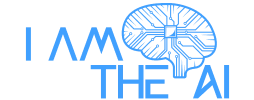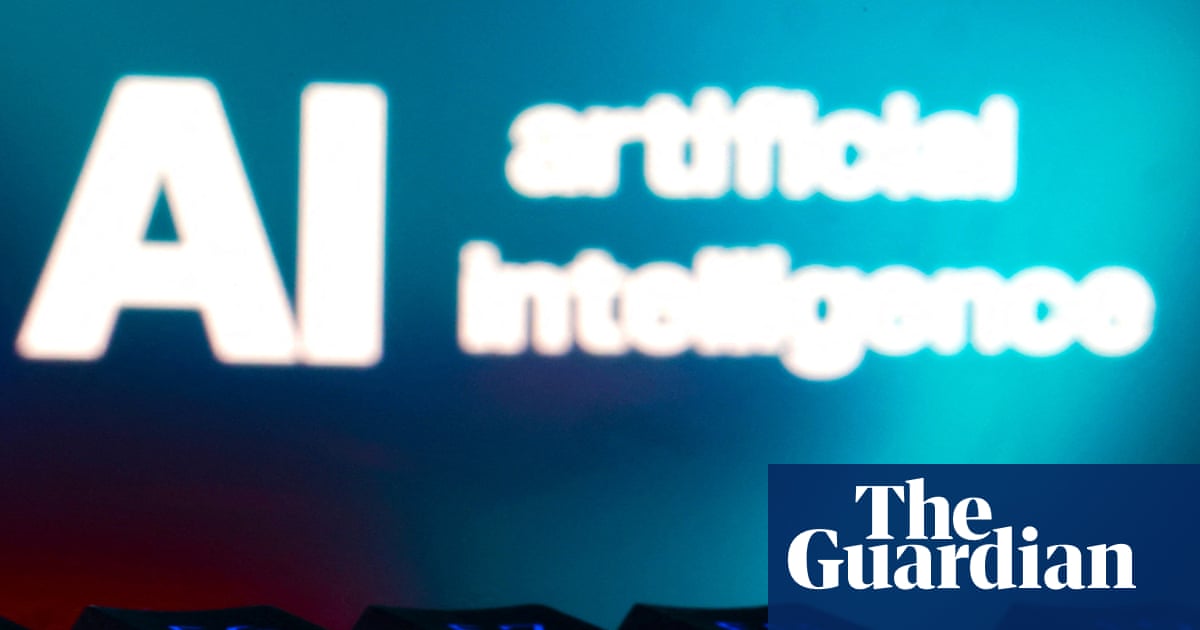Almost twice as many Britons view synthetic intelligence as a threat to the financial system than regard it as a possibility, based on Tony Blair’s thinktank.
The Tony Blair Institute warned that the ballot findings threatened Keir Starmer’s ambition for the UK to change into an AI “superpower” and urged the federal government to persuade the general public of the expertise’s advantages.
TBI commissioned a survey that discovered 38% of Britons see AI as an financial threat whereas 20% see it as a possibility. The ballot of greater than 3,700 adults additionally confirmed that lack of belief was the largest barrier to adoption.
Jakob Mökander, the director of science and expertise coverage at TBI, mentioned the UK’s most important hope of changing into an AI superpower was via establishing itself as a world-leading adopter of the expertise. The ballot findings endanger that purpose, he mentioned.
“You might be an AI superpower in two methods – both main in AI improvement or adoption,” Mökander mentioned. “The UK is not going to lead in improvement, that would be the US and China, however it might lead in adoption. However the UK is not going to change into an AI superpower in these phrases except the federal government manages to construct broad public belief within the expertise.”
The UK authorities has made AI a cornerstone of its financial development technique, with Starmer saying this yr: “Britain will probably be one of many nice AI superpowers.”
Amongst voters, nonetheless, there are issues over AI’s influence on the financial system and jobs specifically. Organisations together with TBI, the Worldwide Financial Fund and the Organisation for Financial Co-operation and Improvement have forecast that AI, the time period for pc methods that may carry out duties usually related to human intelligence, could have a big influence on the labour market. TBI has forecast that it may displace between 1m and 3m non-public sector jobs within the UK, including that the final word variety of losses will probably be decrease because the expertise creates new roles.
Nonetheless, sections of the job market which might be anticipated to really feel the influence of AI, equivalent to graduate recruitment, have but to indicate a severe influence from AI, based on recruitment brokers.
TBI’s ballot findings additionally present a divergence between those that have used AI and people who haven’t, with greater than half of people that haven’t engaged with the expertise seeing it as a threat. Amongst common AI customers, nonetheless, solely 1 / 4 of that cohort see it as a menace.
Mökander mentioned work wanted to be completed on making AI reliable through regulation after which illustrating its potential advantages, equivalent to lowering NHS wait instances or giving working folks extra time at dwelling with their households, as a result of it makes their jobs extra environment friendly and means fewer hours within the workplace.
after publication promotion
Drawing a parallel with extolling the advantages of vaccines, Mökander added: “You might want to have guidelines and rules round vaccines to make them protected. Then the federal government must form wholesome public attitudes by educating folks and having optimistic campaigns.”
TBI, which receives important funding from the tech tycoon Larry Ellison, issued the ballot findings in a report printed on Monday, wherein it made 5 suggestions to construct public belief within the expertise: growing public use of AI; highlighting useful makes use of of AI; measuring AI’s helpful influence in relatable methods; accountable regulation; and launching programmes to construct AI abilities.
A UK authorities spokesperson mentioned public belief was a crucial consider utilizing AI, including that initiatives had been launched to construct AI abilities and improve adoption.
“About 10 million staff are anticipated to make use of AI of their day-to-day roles by 2035, so it’s critical our workforce has the talents and confidence to make use of it,” the spokesperson mentioned.

